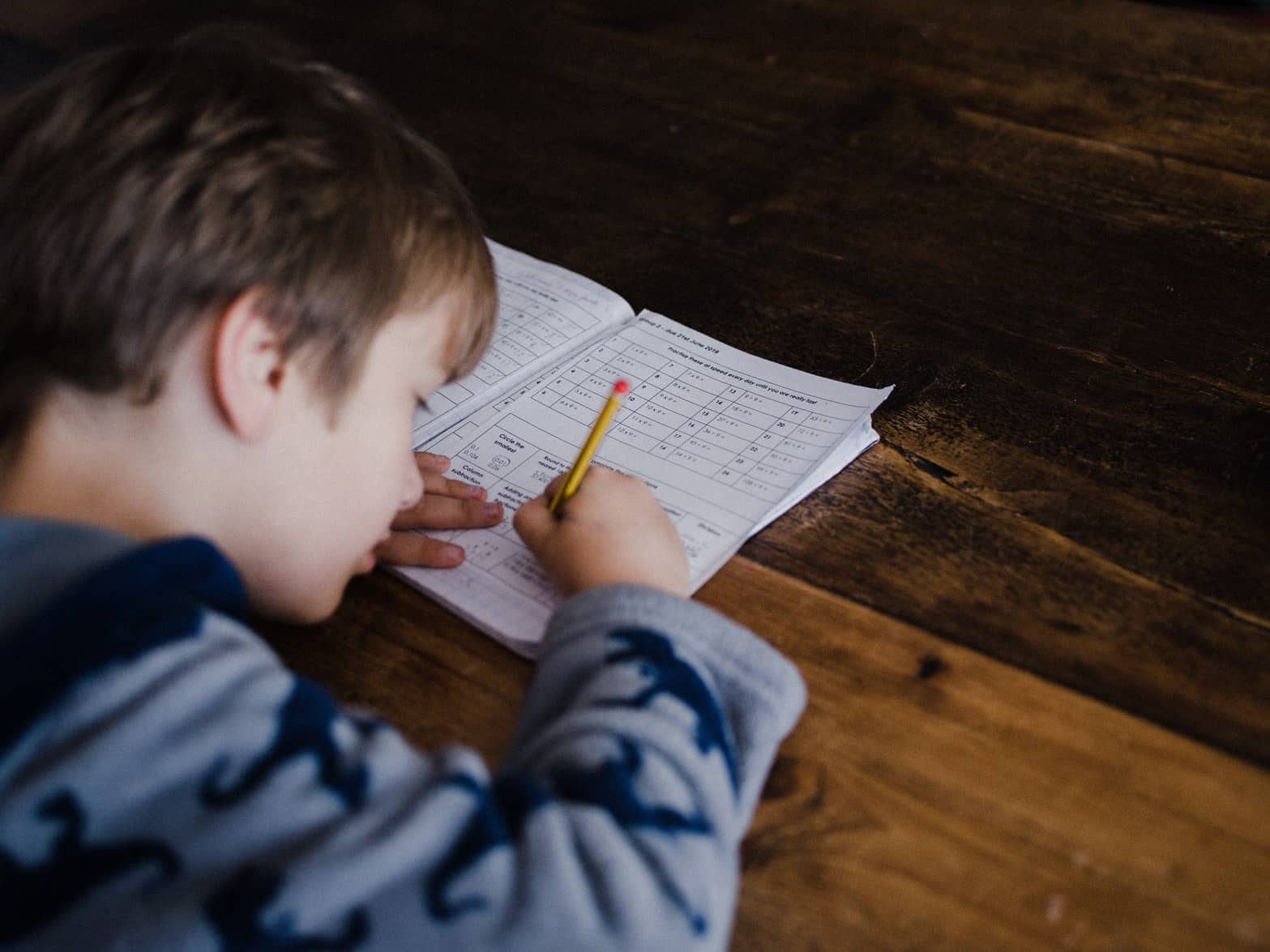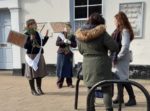Covid-19 has seen an increased number of children being home-schooled on the Isle of Wight this year.
Compared to last year’s autumn term, figures show the number of those being home educated has risen by 21 per cent.
Strong home schooling network
In a report about elective home education, which went before the Isle of Wight Council’s children’s education scrutiny committee, 464 young people were registered as being taught at home at the end of December last year, compared to 384 pupils the year before.
The Island has always had a relatively high number of children being home educated compared to other local authority areas, with the current numbers equating to 3.1 per cent of the total school age population.
Covid a factor
Between September and December last year, 159 children started to be home educated, which council officers say appears to have been influenced by Covid-19.
In reasons given for home educating their children, the highest factor was Covid-19 — 38 parents said the virus was the cause of their decision saying it was because of shielding family members, anxiety and not liking the restrictions placed on schools.
Where Covid-19 was given as the reason for home education, the majority of pupils (31) were primary school aged.
Other reasons given
Other reasons parents gave for home educating their child included emotional and physical (31), cultural, philosophical and religious (20) and bullying (4). In some cases, no reason has been given.
Numbers could continue to rise, officers say, as schools start to reopen for the spring term.
Children could return to school
The council’s inclusion support service manager, Dave Harvey, said some parents and children may have enjoyed the home schooling experience and would continue to electively home educate, which was their legal right if they chose to.
“I suspect, however, most parents (of the increased number) will want to eventually send their children back when they are happy that schools are safe and they feel it is the right thing to do.”
Mr Harvey also said the council would be speaking to schools about how best to support returning children.
This article is from the BBC’s LDRS (Local Democracy Reporter Service) scheme, which News OnTheWight is part of. Read here to find about more about how that scheme works on the Island. Some alterations and additions may have been made by News OnTheWight. Ed
Image: Annie Spratt under CC BY 2.0





